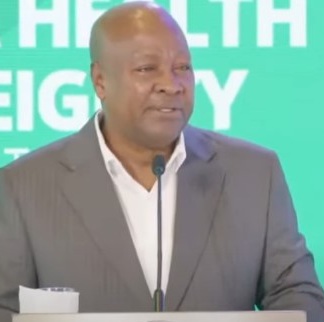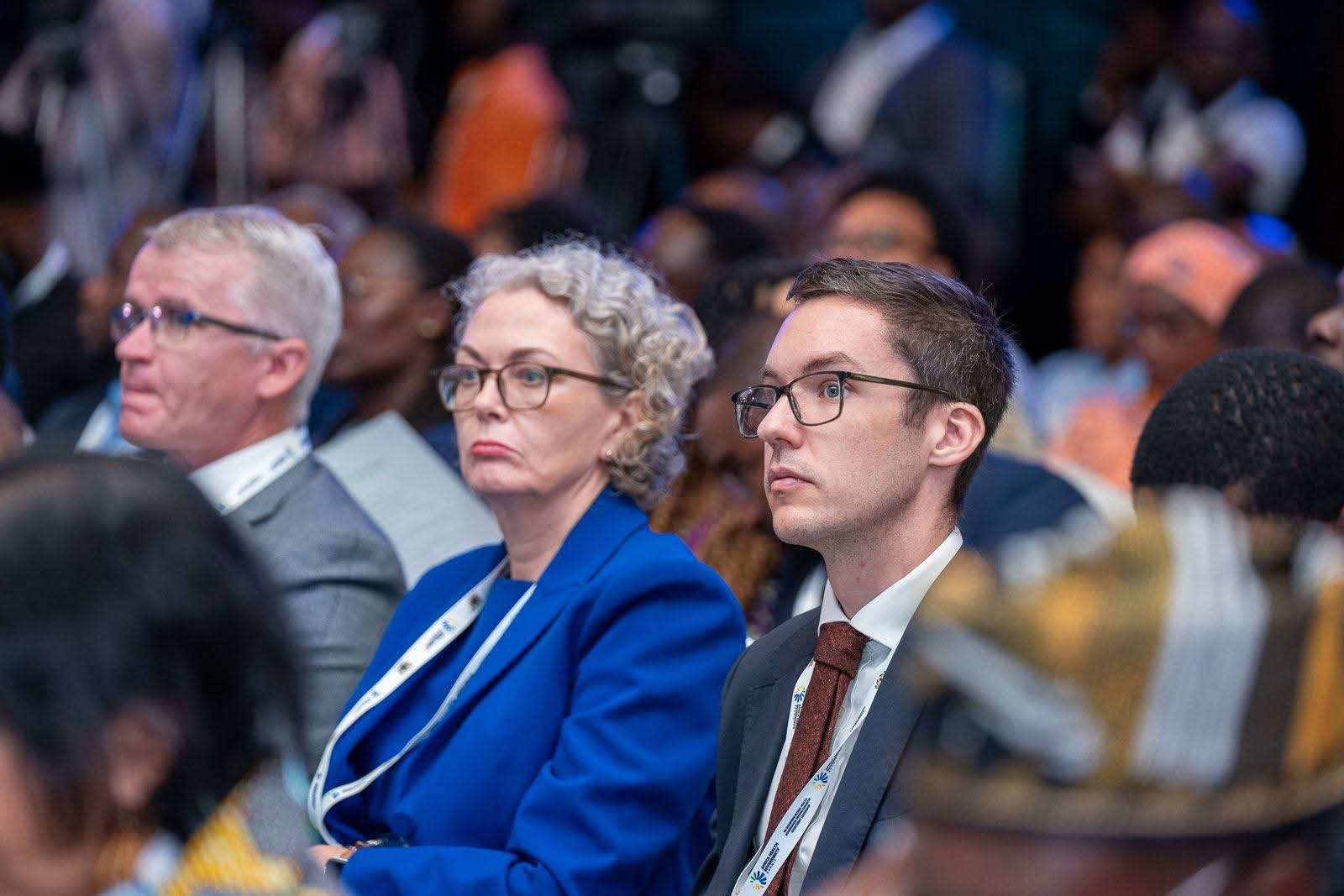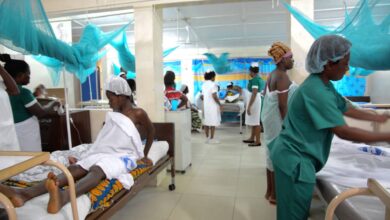Ghana Hosts Landmark Summit to Put Africa in Charge of its Own Health Future

Ghana has made history by hosting the Africa Health Sovereignty Summit in Accra, a gathering that pooled African Heads of State, health experts, global partners, and policymakers, all united by one powerful idea: Africa must take charge of its own health.
Held on the theme “The Accra Initiative: African Health Sovereignty in a Reimagined Global Health Architecture,” the summit wasn’t just another conference; it was a turning point in how the continent thinks about and plans its health systems.

Ghana’s President, John Dramani Mahama, who led the charge, was clear in his message: “Africa must no longer be the patient; it must be the architect of its own health destiny.”
Too often, Africa has waited for help that came too late or not at all; during health crises like Ebola or COVID-19. This summit marked a bold shift. Leaders came not to beg for aid, but to build a homegrown vision for health care, designed by Africans, for Africans.
Ghana Leading by Example
President Mahama shared how Ghana is already walking the talk. For example, the uncapping of funds for the National Health Insurance Scheme has unlocked nearly GH₵3.5 billion, making more health services accessible to everyday Ghanaians.
He also introduced the Ghana Medical Trust Fund, a new initiative combining public and private funds to tackle chronic diseases like hypertension and diabetes, which silently affect millions of Ghanaians.
On the ground, real change is coming too. Ghana will soon roll out a Primary Health Care Programme, backed by trained community health volunteers, to bring preventive care closer to families, especially in rural and underserved areas.

A New Way of Thinking About Health
Health Minister Kwabena Mintah Akandoh echoed the need for action; not more talk. “This summit is not about recycling old promises,” he said. “It’s about building a future where Africans can make decisions about our own health systems without waiting for approval or resources from others.”
He stressed that true health sovereignty doesn’t mean Africa turns its back on the world. It means Africa gains the power to invest in its own people, build its own capacity, and lead its own response to health emergencies.
As he put it: “The quality of our health systems determines whether pandemics shake us or we stand strong. Whether our clinics stay open during floods. Whether our economies grow or grind to a halt.”
“Health,” he concluded, “is not just about hospitals. It is a national security issue, an economic engine, and a human right.”
A Bold Vision for the Continent
The summit ended with a powerful message: Africa is done waiting. High-level panels brought together experts from across the continent to draw up a roadmap for an African-led, African-owned health future. This includes new policies, funding mechanisms, and partnerships to make sure health care is no longer a privilege, but a right.
Africa is saying loud and clear: We will no longer be on the sidelines. We will lead.
From Accra to Addis Ababa, from local clinics to presidential offices, a new era has begun, one where Africa is not the last to receive help, but the first to act.
And Ghana is proudly lighting the way.




